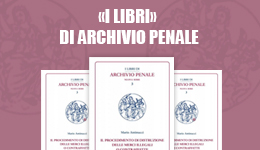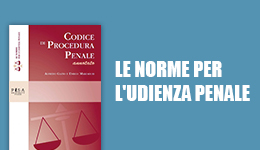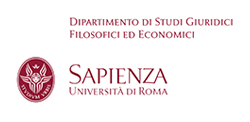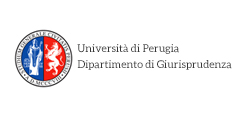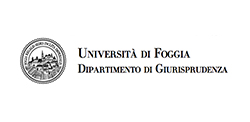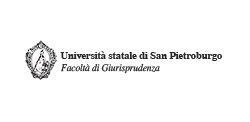Tre storie brevi, e una quarta, di Verità e Diritto Penale.
L’inquietudine del Vero nella fenomenologia della libertà morale.
Archivio Penale
© dell'autore 2021
Ricevuto: 04 February 2021
| Accettato: 12 February 2021
| Pubblicato: 15 February 2021
L’intero articolo è disponibile
Riassunto
Parlare di verità, e di silenzio della verità, emerge come bisogno costante e pervasivo della realtà contemporanea, sia scientifica che sociale, attraversata dall’interesse prioritario delle vittime ad avere un accertamento giudiziario del fatto storico che li ha offesi ed infine dalla necessità di difendere l’opinione pubblica dalla disinformazione diffusa tramite fake news. Questa indagine sulla verità segue la linea che distingue l’approccio giuridico penale, sia processuale che sostanziale, da quello filosofico, e vi osserva una precisa sequenza logica nella successione ordinata dei singoli passaggi concettuali sviluppati all’interno di ciascuna distinzione tematica della verità. Se ne coglie una prospettiva esegetica che scinde il pensiero dalla sua manifestazione e consente di fornire una ragionevole lettura della “verità penale” come espressione di tutela della libertà morale costituzionalmente garantita, risposta al bisogno dell’individuo di avere, vivere e condividere la propria esperienza del vero, nel rispetto delle ragioni degli altri.
Three short stories, and a fourth, of Truth and Criminal Law. The restlessness of the Truth in phenomenology of moral freedom.
Speaking of truth, and silence of truth, emerges as a constant and pervasive need of contemporary reality, scientific as well as social, crossed by the priority interest of the victims in having a judicial assessment of the historical fact that offended them and finally by the need to defend the public opinion from disinformation spread through fake news. This investigation of truth follows the line that distinguishes the criminal legal approach, both procedural and substantive, from the philosophical one, and observes a precise logical sequence in the ordered succession of individual conceptual passages developed within each thematic distinction of truth. It captures an exegetical perspective that separates thought from its manifestation and makes it possible to provide a reasonable reading of "criminal truth" as an expression of the protection of constitutionally guaranteed moral freedom, a response to the individual's need to have, live and share their own experience of truth, respecting the reasons of others.
Percorso di valutazione
Peer reviewed. Certificazione della qualità


